© 2019 Khobish - Premium WordPress news & magazine theme by Xldevelopment.
It’s important to note that cats have specific dietary requirements that differ from humans, and it’s generally not recommended to feed them human food on a regular basis. However, if you are looking to help your cat gain weight, there are a few human foods that can be added to their diet in moderation: Now, I will explain about human food for cats to gain weight.
- Cooked chicken or turkey: These lean meats can provide a good source of protein and help your cat gain weight.
- Cooked eggs: Eggs are a good source of protein and fat, and can be a helpful addition to your cat’s diet in moderation.
- Cooked fish: Fish can provide your cat with essential fatty acids and protein, but remove any bones and only offer it cooked.
- Cooked rice: A small amount of cooked rice can be added to your cat’s diet to help increase calorie intake.
It’s important to note that any additions to your cat’s diet should be done in moderation and only under the guidance of a veterinarian. Additionally, if your cat is having trouble gaining weight, it’s important to rule out any underlying health issues that may be causing the weight loss.
Now, I will Explain some Human Food for Cats To Gain Weight for your cats. Let’s Go Start –
1. Chunk Light Tuna in Water by Chicken of the Sea
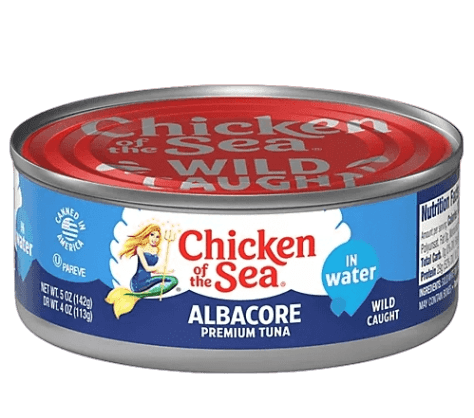
Chicken of the Sea Chunk Light Tuna in Water is a well-known canned tuna product. It contains pieces of tuna fish packed in water, it provides a convenient and versatile protein source that can be used in various recipes such as salads, sandwiches, casseroles, and more. It’s a famous Human Food for Cats To Gain Weight.
Tuna contains with protein and omega-3 fatty acids, which are beneficial for heart health. It is a homemade cat food to gain weight. It’s important to know that different varieties of tuna can vary in mercury levels. Chunk light tuna contains lower mercury levels compared to other types of tuna, making it a safer option, especially for pregnant women and young children, when consumed in moderation.
Always check the label for nutritional information and any specific details about the product. Some people prefer chunk light tuna for its taste and texture, but preferences can vary. This is known as high calorie kitten food for weight gain.
Product Description:
Rich, Delicious Flavor: Chicken of the Sea Chunk Light Tuna in Water is perfectly mixed with salt and packed in water for the freshest.
Endlessly Versatile: The great taste of Chicken of the Sea Chunk Light Tuna is used for a wide range of recipes, from salads, pastas, wraps, and beyond.
Highly Nutritious: Our chunk light tuna canned in water is high in protein and features heart-healthy omega-3s plus vitamins, and minerals, with 23 grams of protein, 0.5 grams of fat, and 0 grams of carbs, it’s best for keto, paleo, and Mediterranean diets. It’s also gluten-free, made from 100% simple ingredients, with no preservatives or GMOs.
Wild Tuna: Tuna canned in water is liable sourced and wild-caught. We are doing our part to keep our oceans healthy.
Product Details:
- Package Dimensions : 6.83 x 6.06 x 3.26 inches; 3.13 Pounds
- UPC : 048000245106
- ASIN : B08WR5J62L
- Country of Origin : USA
Nutrition facts of this product:
| 10.0 servings per-container |
| 1% | Total Fat 0.5g | ||||||||||
| 0% | Saturated Fat0g | ||||||||||
| Trans Fat0g | |||||||||||
| 17% | Cholesterol 50mg | ||||||||||
| 14% | Sodium 320 Mg | ||||||||||
| 0% | Total Carbohydrate 0g | ||||||||||
| 0% | Dietary Fiber 0g | ||||||||||
| Sugar 0g | |||||||||||
| Added Sugars0g | |||||||||||
| 41% | Protein 23g | ||||||||||
| 10% | Vitamin D2mg | ||||||||||
| 2% | Calcium 18mg | ||||||||||
| 6% | Iron1.2mg | ||||||||||
| 4% | Potassium 211 Mg | ||||||||||
Daily value of the product:
The % Daily Value nutrient in a serving of food contributes to a daily diet and 2,000 calories a day is used for general nutrition advice.
2. Organic Fermented Food for Cats and Dogs by Dr. Mercola
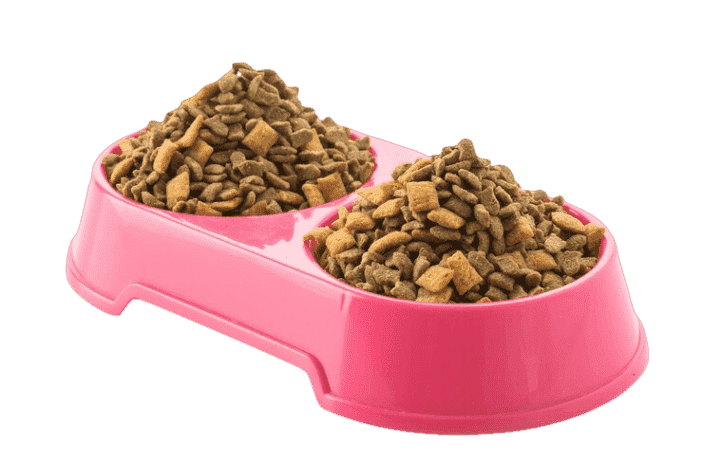
Dr. Mercola Organic Fermented Food for Cats & Dogs 2.75 oz is formulated to support the digestive health of your pets. Fermented foods can contain beneficial and useful probiotics and enzymes that may aid in digestion and support a healthy stomach flora in cats and dogs.
Probiotics are known to develop a balanced stomach microbiome, potentially aiding in digestion, nutrient absorption, and total immune system health for pets. However, Always follow the suggested guidelines and consult with a veterinarian before introducing any new food or supplements to your cats and dogs diet.
Description:
Organic Fermented Food for Cats and Dogs is a pet-friendly blend made from fermented organic whole superfoods. We know that adding human food to a cat’s diet to help them gain weight, this product includes broccoli, beets, carrots, kale, seaweed, ginger, and barley and wheat grasses. It’s a high calorie cat food for weight gain.
Product details:
- Product Dimensions : 2.9 x 2.9 x 3.25 inches; 9.59 Ounces
- Manufacturer : Dr. Mercola
- ASIN : B0854GKPWG
Ingredients:
Ingredients of this product are Dried White Cheddar Cheese Powder, Fermented Broccoli, Fermented Barley Grass, Fermented Beet Root, Fermented Carrot, Fermented Dried Seaweed Meal, Fermented Ginger, Fermented Kale, Fermented Wheatgrass. Certified Organic ingredients.
Directions:
It’s important to mix each portion with food once or twice per day.
What Human Food Can Cats Eat to Gain Weight?
When it comes to adding human food to a cat’s diet to help them gain weight, it’s important to remember that cats have specific nutritional needs that differ from humans. While it’s generally not recommended to feed cats human food on a regular basis, there are a few options that can be added to their diet in moderation to help them gain weight.
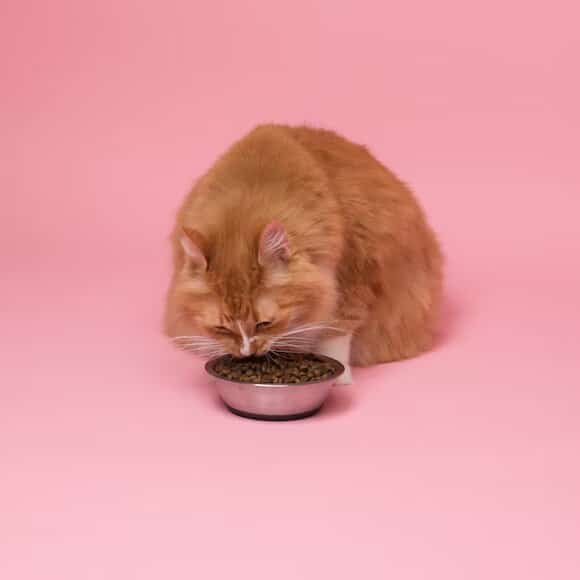
Some human foods that can benefit a cat trying to gain weight include cooked chicken or turkey, cooked eggs, cooked fish (with bones removed), and cooked rice. These foods can provide extra protein, essential fatty acids, and calories to help a cat gain weight. However, any additions to a cat’s diet should be done under the guidance of a veterinarian, as too much of certain human foods can be harmful to cats. Additionally, it’s important to rule out any underlying health issues that may be causing a cat to lose weight, as simply adding human food to their diet may not be enough to address the underlying problem.
Managing Weight Gain
Managing weight gain can be a challenge, but there are several strategies that can be effective. Here are some tips:
- Portion control: It’s important to monitor how much food you’re giving your cat, as overfeeding can lead to weight gain. Your veterinarian can help you determine the appropriate amount of food for your cat’s size, age, and activity level.
- Choose a high-quality, balanced diet: Feeding your cat a high-quality, balanced diet can help ensure that they are getting the nutrients they need without excess calories.
- Increase exercise: Regular exercise can help your cat burn calories and maintain a healthy weight. You can encourage your cat to play with toys, climb, and explore to help them stay active.
- Avoid giving too many treats: Treats are often high in calories and can quickly add up. If you do give your cat treats, be sure to limit the amount and choose low-calorie options.
- Monitor your cat’s weight: Regularly monitoring your cat’s weight can help you catch any changes early and adjust their diet or exercise routine as needed.
It’s important to note that weight gain can be a symptom of underlying health problems, such as thyroid issues or diabetes, so it’s important to have your cat evaluated by a veterinarian if you notice significant weight gain.
Conclusion
In conclusion, weight management is an important aspect of caring for a cat’s overall health and well-being. While adding human food to a cat’s diet can be helpful in some cases, it’s important to do so in moderation and under the guidance of a veterinarian. To help your cat maintain a healthy weight, focus on portion control, choose a high-quality, balanced diet, encourage exercise, limit treats, and monitor your cat’s weight regularly. If you notice significant weight gain or loss, it’s important to have your cat evaluated by a veterinarian to rule out any underlying health issues.




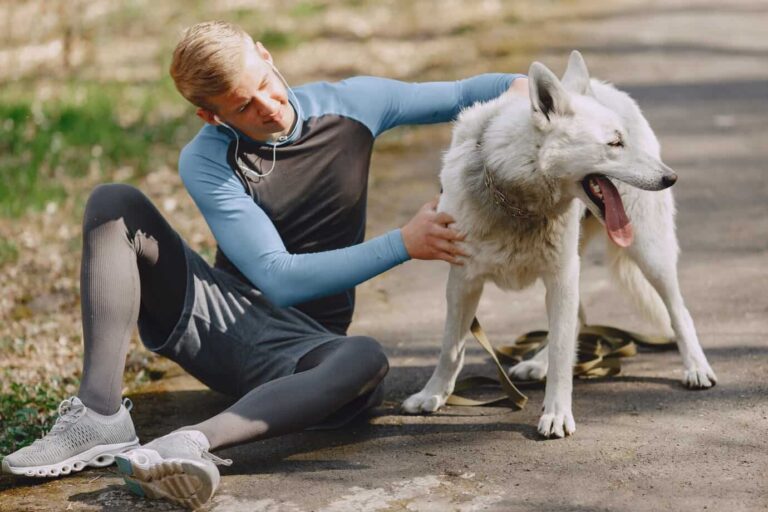
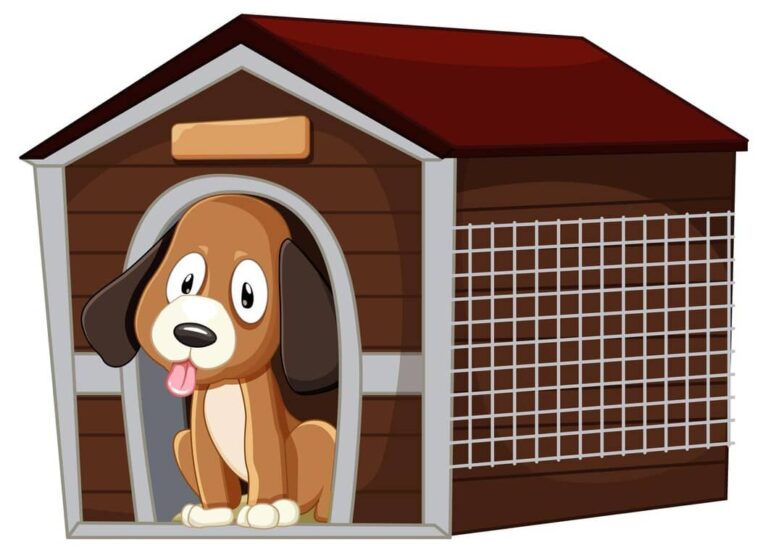




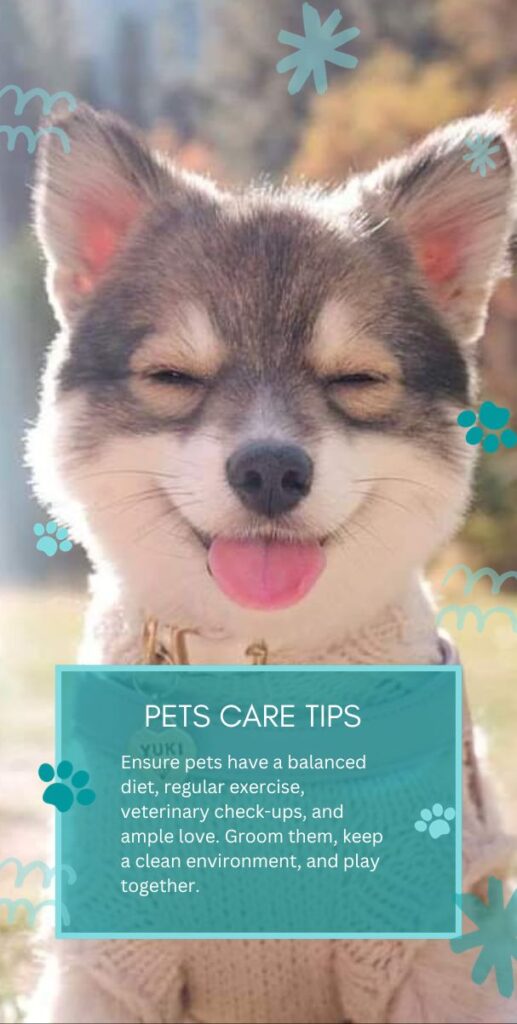
No Comments